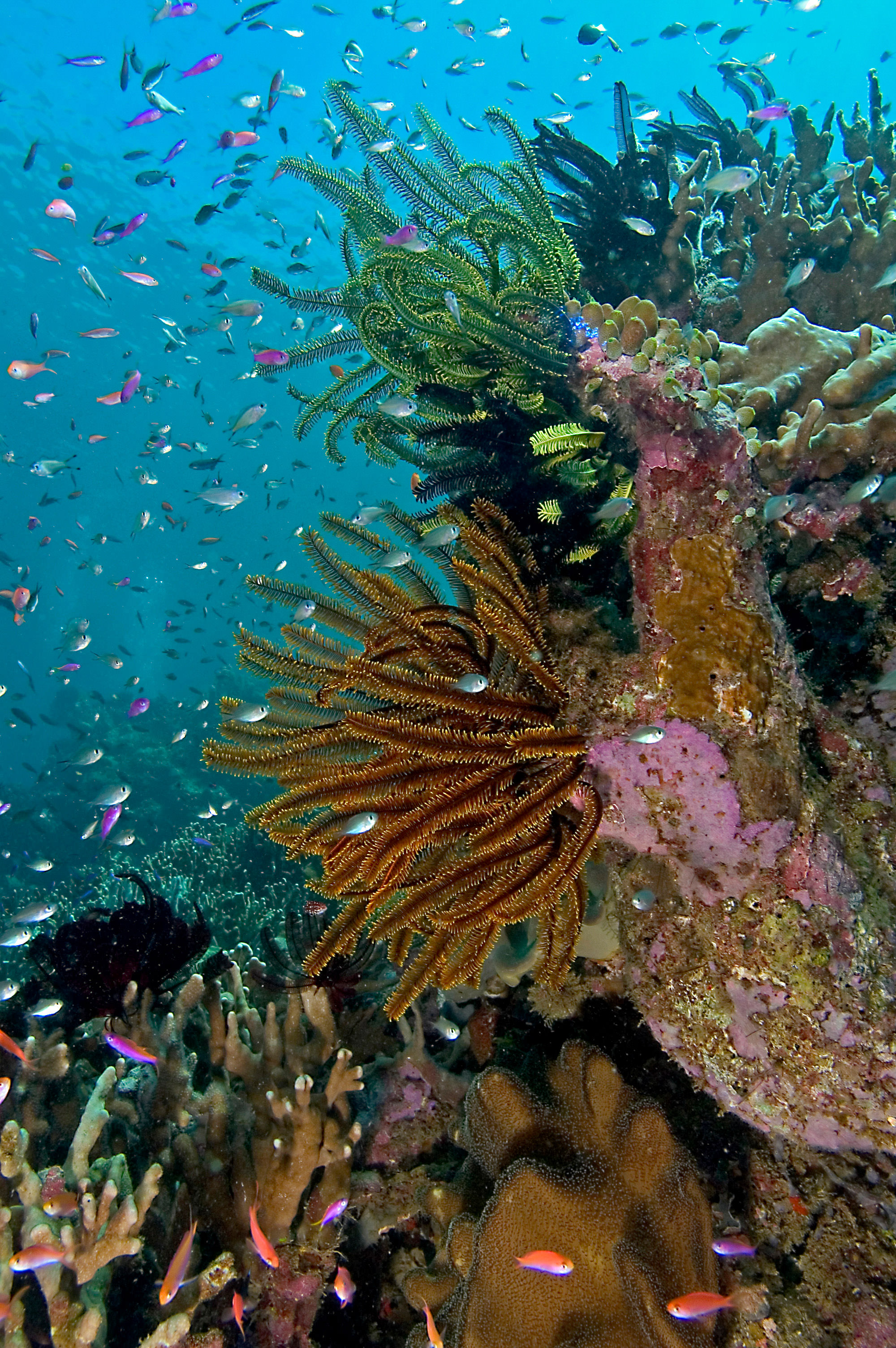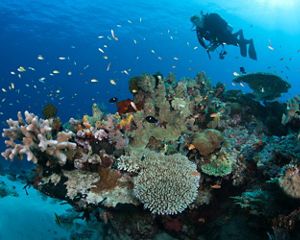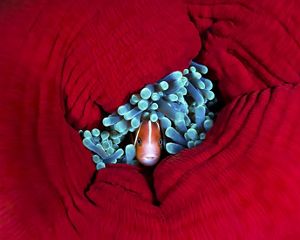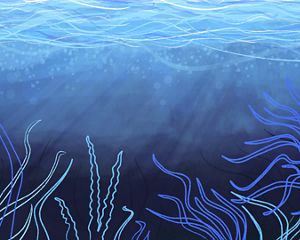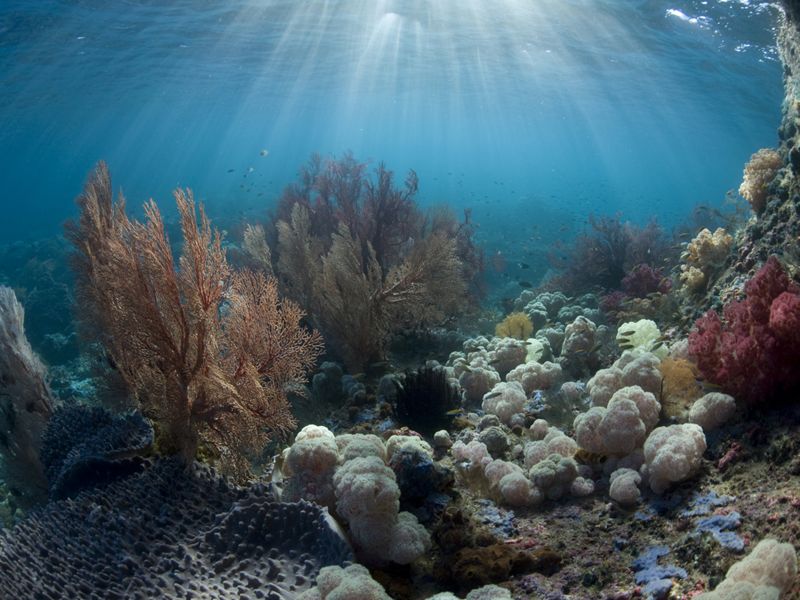
A Coral Garden Sea fans and soft corals adorn a beautiful "coral garden" in Misool, Raja Ampat, Indonesia, Pacific Ocean. © Ethan Daniels
The ocean is the heart of our planet, sustaining life around the globe. It produces half of the oxygen we breathe (that’s every other breath!), provides food and income to more than 3 billion people, and absorbs 90% of the excess heat in our atmosphere. Simply put, the ocean’s future is our future.
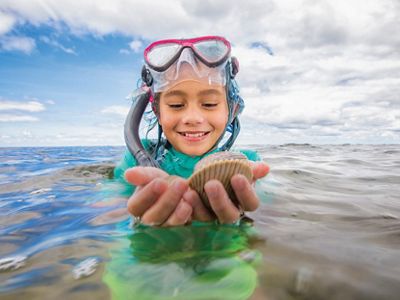
Inspiring the Next Generation of Conservationists
The Nature Conservancy teamed up with Spin Master™, a leading global children’s entertainment company, to leverage sensory play and youth education to inspire the next generation of conservationists and raise awareness of TNC’s 2030 goal of protecting nearly 10 billion acres of ocean around the world.
Project Planet™ Collection
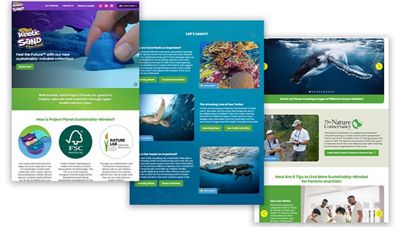
In August 2024, Spin Master’s Kinetic Sand™ line launched its Project Planet™ Collection. The collection features three essential ocean environments critical in protecting marine biodiversity: coral reefs, turtle habitats, and the deep sea. Additionally, TNC’s Nature Lab—an online hub to help children and teens learn the science behind how nature works—provided resources to learn more about protecting each of these important ecosystems.
As part of the collaboration, Spin Master is contributing funds to TNC to support global conservation efforts through 2025, including:
Coral Reefs
Coral reefs cover 1% of the ocean floor, but they support 25% of all marine life. TNC is developing and deploying scalable solutions to improve reef health and maximize benefits to nature with a focus on the Caribbean and Florida Strait.
Sea Turtles
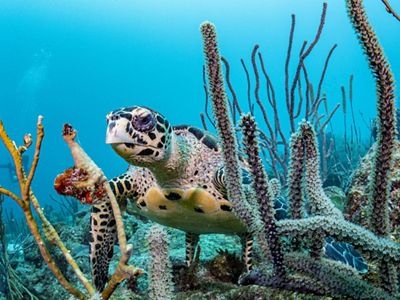
Sea turtles have existed for over 100 million years, but today’s population is less than ten percent of what it was a century ago. One of several initiatives, TNC is working with local communities to protect the critically endangered hawksbill turtle in the remote Arnavon Islands of the Western Pacific Ocean.
The Ocean: Our Greatest Climate Ally
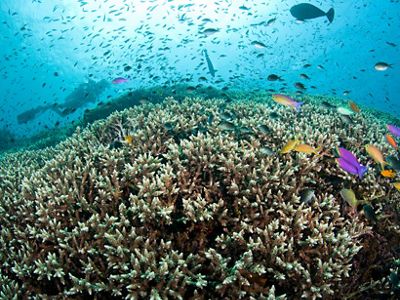
The ocean covers more than 70% of Earth’s surface. It is home to millions of species, is the backbone of economies worldwide, and is one of our greatest allies against climate change. TNC is supporting the world’s goal to protect 30% of the ocean by 2030. Learn more about these 2030 goals and how you can get involved here.
Learning Guides and Activities
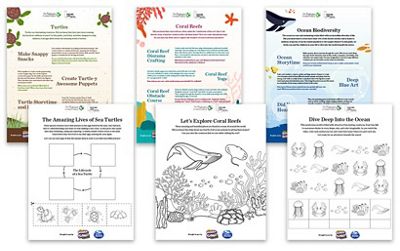
Click on the resource below to open in a new tab
